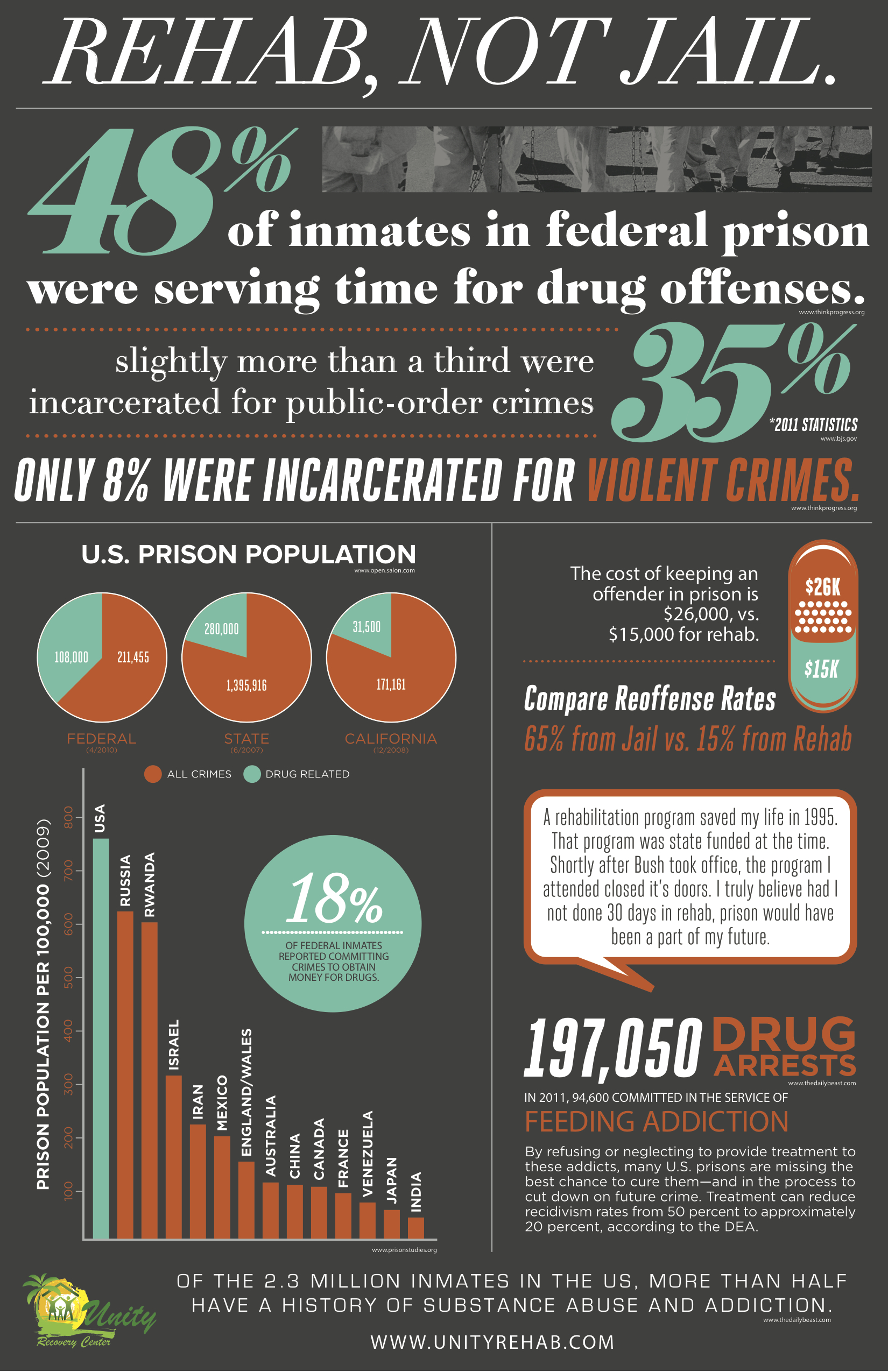Managing Triggers And Cravings After Drug Rehabilitation
Managing Triggers And Cravings After Drug Rehabilitation
Blog Article
Writer-Blackburn Green
You've completed Drug rehabilitation and taken a substantial step in the direction of a much healthier lifestyle. But now, facing triggers and cravings post-rehab can be a challenging trip. How do you navigate through these moments without jeopardizing your progress? Understanding http://lyle24julius.booklikes.com/post/6539437/making-clear-misconceptions-concerning-drug-rehab to manage triggers and desires is vital in maintaining your soberness. Let's explore effective ways to take care of these obstacles and safeguard your newfound dedication to living a drug-free life.
Recognizing Triggers and Food Cravings
To properly handle your triggers and cravings, begin by identifying the situations or emotions that bring about your need to use. Take a moment to review what circumstances or feelings motivate your yearnings. Is it stress, boredom, social situations, or specific places? By determining these triggers, you can better prepare yourself to manage them.
Triggers can be both inner, such as adverse feelings or physical discomfort, and exterior, like being around individuals who use materials or checking out a particular place.
Take visit the following page of patterns in your cravings-- are they more regular at specific times of the day or in reaction to particular events?
Building Healthy And Balanced Coping Methods
Determining your triggers and cravings is the first step in the direction of building healthy coping methods to manage them efficiently. As soon as you understand what circumstances, emotions, or individuals trigger your desires, you can begin creating a plan to address them.
One efficient approach is to change adverse habits with favorable ones. As an example, if anxiety triggers food cravings, practicing leisure techniques like deep breathing or reflection can assist. Taking part in exercises such as workout or choosing a stroll can likewise be an excellent way to deal with food cravings.
Another vital facet of structure healthy and balanced coping techniques is to create a supportive environment. Surround on your own with individuals that understand your journey and can offer support and accountability. It is essential to establish borders with individuals who may not support your healing.
In addition, creating a regimen that includes healthy practices like normal workout, correct nutrition, and enough sleep can aid you stay on track and lower the probability of experiencing triggers and desires.
Looking For Assistance and Responsibility
Producing a network of helpful people who can offer motivation and hold you liable is important in handling triggers and cravings effectively. Seek friends, member of the family, or a support system that recognize your journey and can provide support when you face tough circumstances.
Having a person to talk to during moments of lure can make a considerable difference in staying on track with your healing. Liability companions can aid you remain focused on your goals and remind you of the reasons you selected to seek aid to begin with.
They can also help in developing a structured plan to handle triggers and cravings, such as developing alternative tasks or coping mechanisms to change need to use medicines. Regular check-ins with your support group can give confidence and inspiration, aiding you feel less separated in your healing journey.
Final thought
Keep in mind, identifying and handling triggers and cravings after Drug rehab is an essential component of keeping sobriety.
By determining your triggers, constructing healthy and balanced coping methods, and looking for support from liked ones or support system, you can navigate with tough minutes and stay concentrated on your sobriety objectives.
Remember, you aren't alone in this journey, and with the right devices and support, you can get over lures and live a fulfilling, drug-free life.
Keep solid and keep moving forward.
